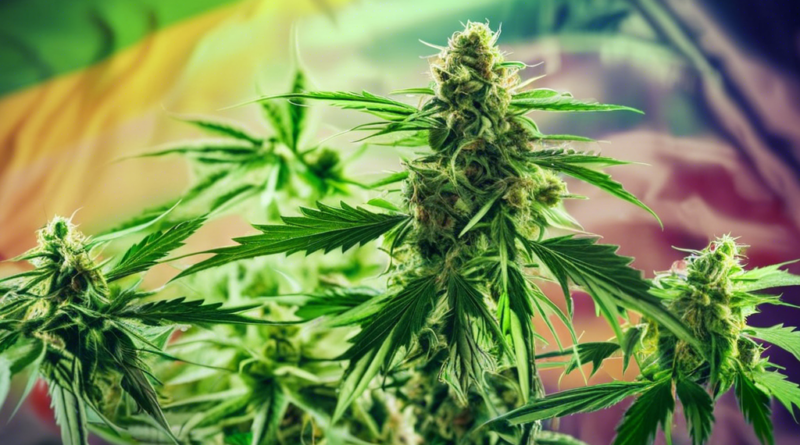Nebraska Makes Historic Move Toward Legalizing Medical Cannabis
Nebraska has taken a significant step towards legalizing medical cannabis, marking a historic decision that reflects shifting attitudes towards marijuana and its medical applications. Recently, voters in Nebraska expressed overwhelming support for Measures 437 and 438, which aim to legalize and regulate medical cannabis within the state. This movement represents a crucial milestone, especially considering Nebraska’s previous challenges in pushing forward cannabis-related legislation.
Understanding Measures 437 and 438
Measure 437 is a cornerstone of Nebraska’s new medical cannabis legislation. This measure is designed to offer legal protections for patients and their caregivers who utilize cannabis for medical purposes. With 71% voter approval, the measure allows these individuals to legally possess up to 5 ounces of medical cannabis, provided they have a written recommendation from a healthcare practitioner. Such legislative protection not only safeguards patients from criminal charges but also opens doors to cannabis as a viable medical option for various health conditions.
Complementarily, Measure 438 establishes a regulatory framework necessary for the commercial distribution of medical cannabis. It sets timelines for the Nebraska Medical Cannabis Commission to adopt industry regulations and award business licenses by late 2025. This structured approach ensures that cannabis products provided to patients are thoroughly tested and safe, aligning with broader public health objectives while fostering a new commercial market within the state.
Legal Challenges and Setbacks
Despite the clear mandate from voters, the path to implementing Nebraska’s medical cannabis laws is fraught with legal battles. Currently, the validity of the signatures collected for the ballot initiatives is under scrutiny, with accusations of improper notarization potentially undermining their legitimacy. The Nebraska Attorney General’s office has pointed out discrepancies in the notarization of over 1,100 signatures. However, the number of disputed signatures remains insufficient to invalidate the initiatives, keeping the door open for further legal evaluations.
Nebraskans for Medical Marijuana, the advocacy group behind the measures, has faced its own set of obstacles in the past. This is their third campaign for medical cannabis legalization after previous efforts were hindered by legal technicalities and fundraising challenges. Notably, the Nebraska Supreme Court struck down a prior initiative due to a violation of the single-subject rule, while financial constraints in 2022 slowed their signature-gathering campaign.
Industry Response and Broader Implications
The potential legalization of medical cannabis in Nebraska has piqued the interest of companies eager to penetrate a new market. Firms like Greenlight from Missouri, known for their multistate operations, see Nebraska as a lucrative opportunity for both economic growth and the provision of essential healthcare services. As regulations unfold, businesses are poised to play a critical role in bringing medical cannabis to Nebraska, contributing to the state’s economy and patient care options.
Beyond Nebraska, the cannabis industry continues to face fluctuating dynamics, as evidenced by Florida’s recent rejection of a recreational marijuana measure. While Nebraska focuses on medical cannabis, the broader industry’s reaction to legislative efforts, like in Florida, has impacted market conditions, with cannabis company stocks experiencing downturns. Nonetheless, the cannabis sector remains resilient, continually adapting to regulatory changes across various states, illustrating the complex landscape of cannabis legalization in the United States.

